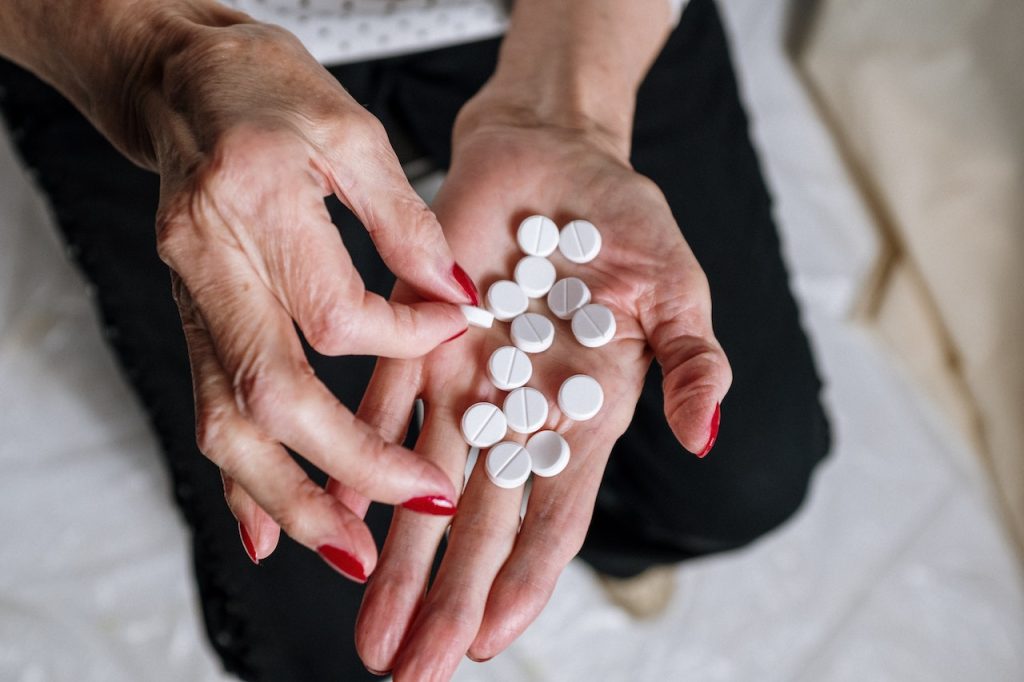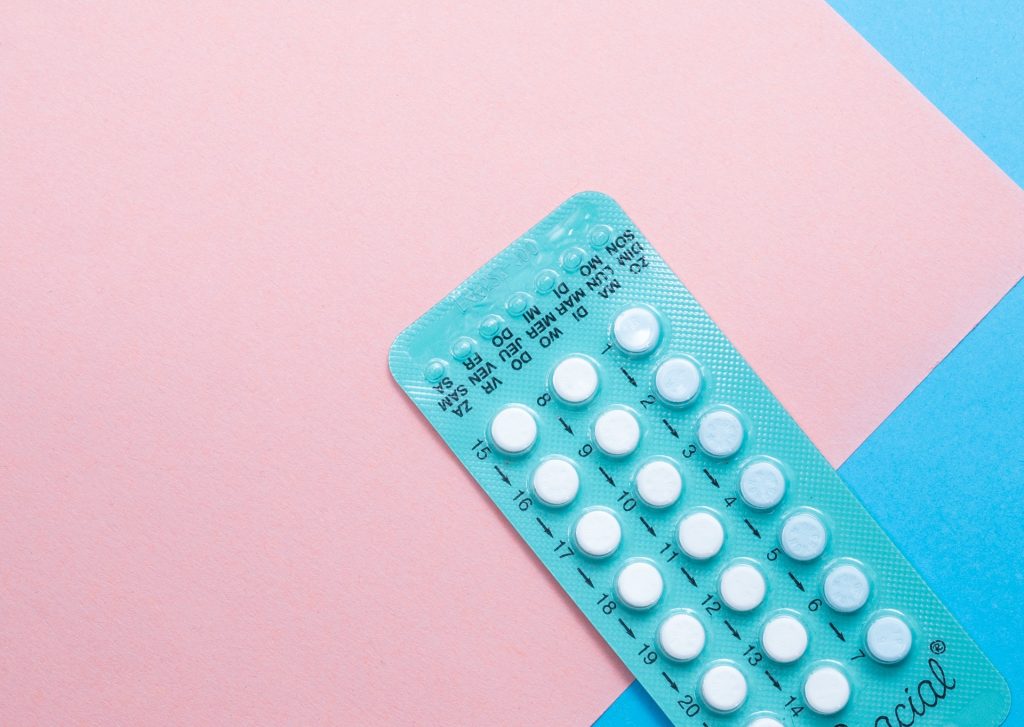Oestrogen Pills may Increase Hypertension Risk

Women ages 45 years and older taking oral oestrogen pills were more likely to develop hypertension than those using transdermal or vaginal formulations, according to new research published in Hypertension.
Less oestrogen and progesterone is produced in a woman’s body after menopause, which may increase the risk for cardiovascular diseases including heart failure, according to the American Heart Association.
Hormone therapy may be prescribed to relieve symptoms of menopause, in gender-affirming care and in contraception. Previous studies have found that some hormone therapies may reduce cardiovascular disease risk in menopausal women under 60 years of age or for whom it has been fewer than 10 years since menopause. The authors of this study noted that while hypertension is a modifiable risk factor for cardiovascular disease, the potential effects of different types of hormone therapy on blood pressure in menopausal women remain uncertain.
“We know oestrogens ingested orally are metabolised through the liver, and this is associated with an increase in factors that can lead to higher blood pressure,” said lead study author Cindy Kalenga, an MD/PhD-candidate at the University of Calgary.
“We know that post-menopausal women have increased risk of high blood pressure when compared to pre-menopausal women, furthermore, previous studies have shown that specific types of hormone therapy have been associated with higher rates of heart disease,” Kalenga said. “We chose to dive deeper into factors associated with hormone therapy, such as the route of administration (oral vs non-oral) and type of oestrogen, and how they may affect blood pressure.”
This study involved a large group of over 112 000 women, ages 45 years and older, who filled at least two consecutive prescriptions (a six-month cycle) for oestrogen-only hormone therapy, as identified from health administrative data in Alberta, Canada between 2008 and 2019. The main outcome of high blood pressure (hypertension) was identified via health records.
First, researchers investigated the relationship between route of oestrogen-only hormone therapy administration and risk of developing high blood pressure at least one year after starting the treatment. The 3 different routes of hormone therapy administration were oral (by mouth), transdermal and vaginal application. Additionally, researchers evaluated the formulation of oestrogen used and the risk of developing high blood pressure. For this study, the researchers reviewed medical records of individuals taking oestrogen-only hormone therapy. The two most common forms of oestrogen used by study participants were oestradiol – a synthetic form of oestrogen closest to the naturally produced form – and conjugated equine oestrogen, an animal-derived form of oestrogen and the oldest type of oestrogen therapy.
The analysis found:
- Women taking oral oestrogen therapy had a 14% higher risk of developing high blood pressure compared to those using transdermal oestrogen and a 19% higher risk of developing high blood pressure compared to those using vaginal oestrogen creams or suppositories. After accounting for age, a stronger association was seen among women younger than 70 years of age compared to women older than 70.
- Compared to estradiol, conjugated equine estrogen was associated with an 8% increased risk of developing high blood pressure.
Taking oestrogen for a longer period of time or taking a higher dose was associated with greater risk of high blood pressure, the authors noted. According to Kalenga, the study’s findings suggest that if menopausal woman take hormone therapy, there are different types of oestrogen that may have lower cardiovascular risks.
“These may include low-dose, non-oral oestrogen – like oestradiol, in transdermal or vaginal forms – for the shortest possible time period, based on individual symptoms and the risk–benefit ratio, Kalenga said. “These may also be associated with the lowest risk of hypertension. Of course, this must be balanced with the important benefits of hormone therapy, which include treatment of common menopausal symptoms.”
The average age of natural menopause among women worldwide is about 50 years of age. Current evidence supports that initiating menopausal hormone therapy in the early stages may have cardiovascular benefits, though not in the late stages of menopause, according to the American Heart Association’s 2020 Statement on Menopause Transition and Cardiovascular Disease Risk: Implications for Timing of Early Prevention. Previous studies have found that menopausal hormone therapy may help relieve symptoms of menopause, including hot flashes, night sweats, mood changes or sleep disturbances.
Limitations included being based only on medical records, not including women younger than the age of 45 and not collecting data about hysterectomies or menopausal status (which was inferred by taking oestrogen after 45).
The authors will be conducting more research investigating combined oestrogen and progestin, as well as progestin-only formulations of hormone therapy and their impact on heart and kidney diseases.
Source: American Heart Association





